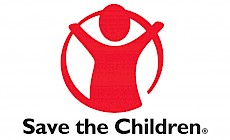"Undernutrition in children makes me get up and work hard every day"
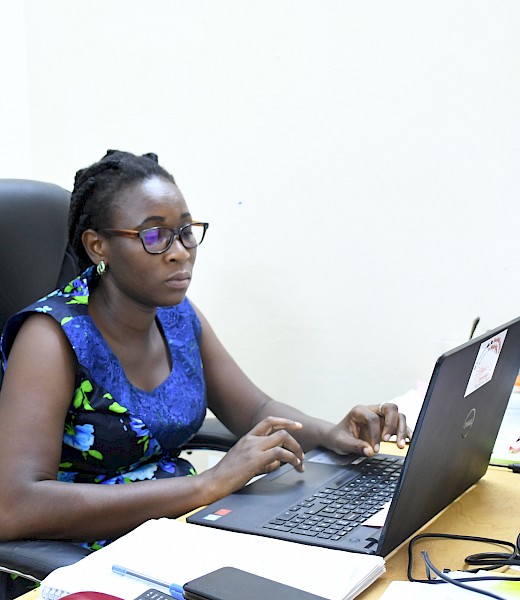
Agriculture and the rural sector employ more than 90% of the population in this Sahelian country located in West Africa. Despite this, malnutrition affects a big part of the population, especially children under five.
Since the end of 2008, Burkina Faso has faced severe drought in several regions. This situation is aggrevated by the insecurity with terrorist attacks and inter-community violence since 2016. The displacement of populations reduces access to quality food and basic services including WASH and deteriorating infant and young child feeding practices, resulting in high levels of malnutrition.
Drought and violence reduce the harvest of farmers. The insufficient number of boreholes and taps in rural areas affects the access to water for villages. In 2018, only 16.4% of the population had access to sanitation in the family house (according to the statistic yearbook of the Ministry of Water and Sanitation).
Although there have been improvements thanks to the efforts of the State and its partners, malnutrition rates are still the highest in sub-Saharan Africa. However, the chronically low production in some regions (such as the North Centre and the North) due to climatic variations makes food insecurity a daily reality for many people.
This food insecurity situation, in addition to the terrorist attacks, has led to numerous population displacements and the closure of several health facilities in conflict zones. According to OCHA, by the end of May 2021 1.2 million people have been displaced, of which 61% of them are children. In insecure areas, 76 health centres were closed and 245 health centres reduced their services. More than 822,000 people are affected by this situation.
of children are underweight
of the rural population does not have access to drinking water
of all children are stunted
of all children suffer from global acute malnutrition
Right2Grow will be implemented over five years in the Center-North, North, and East regions of Burkina Faso. The partnership will ensure that civil society and government jointly tackle malnutrition in a gender-sensitive and inclusive manner, especially among children. This will involve changing the mindsets and practices of communities through nutrition and strengthening the capacities of CSOs and influencing governance.
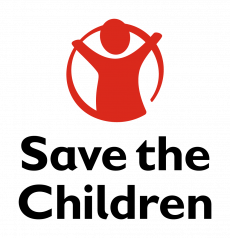
Fights to realize the children's rights. For the R2G project, Save the Children coordinates the consortium and represents R2G to strategic partners such as the State of Burkina Faso and the Embassy of the Netherlands.
Learn more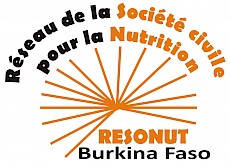
This group consists of 37 CSOs that work for the population nutrition well-being in Burkina Faso.
Learn more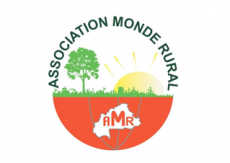
Was created and recognized in 1996. Its vision is 'a rural world that knows its rights, works for their effectiveness. and participate fully in development actions'.
Learn more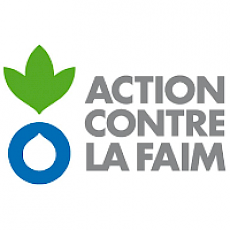
Fights against the causes and effects of hunger, to improve the most vulnerable families with access to water, food and health, since 2008 in Burkina Faso.
Learn more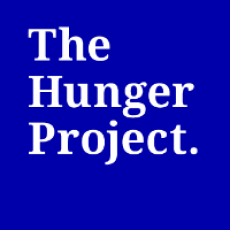
Started its activities in 1997 with the mission to eradicate chronic hunger and abject poverty by the implementation of sustainable development strategies.
Learn more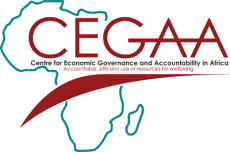
Works to build, in particular by empowering civil society, supporting parliamentarians, through training or capacity building on the budget process and monitoring.
Learn more
